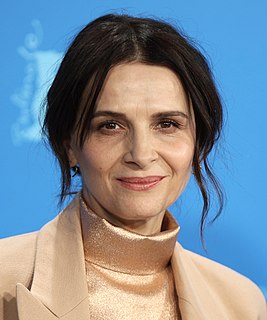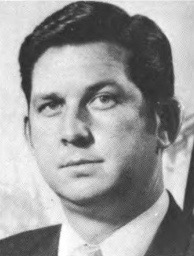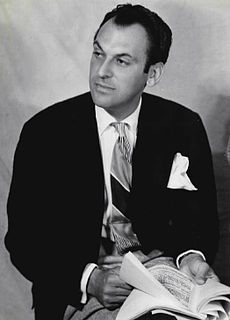A Quote by Maria Teresa Horta
As a journalist, I never isolated myself. I was a journalist at a daily newspaper and every day I went out on the street. Every day I had contact with people. I interviewed the most important writers of the twentieth century, and into the twenty-first century, from Simone de Beauvoir, Marguerite Duras, and Marguerite Yourcenar to Christa Wolf.
Related Quotes
Other centuries had their driving forces. What will ours have been when men look far back to it one day? Maybe it won't be the American Century, after all. Or the Russian Century or the Atomic Century. Wouldn't it be wonderful, Phil, if it turned out to be everybody's century, when people all over the world--free people--found a way to live together? I'd like to be around to see some of that, even the beginning.
One of the great weaknesses of the progressive, as distinct from the religious, mind, is that it has no awareness of truth as such; only of truth in terms of enlightened expediency. The contrast is well exemplified in two exact contemporaries - Simone Weil and Simone de Beauvoir; both highly intelligent and earnestly disposed. In all the fearful moral dilemmas of our time, Simone Weil never once went astray, whereas Simone de Beauvoir, with I am sure the best of intentions, has found herself aligned with apologists for some of the most monstrous barbarities and falsehoods of history.






































